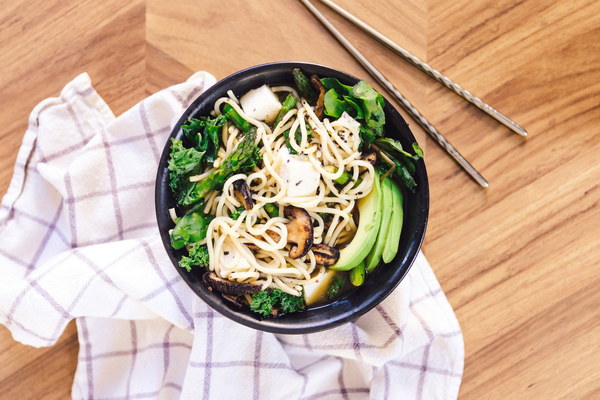Harmony with Nature A Journey Through the 24 Solar Terms of Traditional Chinese Medicine
In the realm of Traditional Chinese Medicine (TCM), the 24 Solar Terms represent a profound understanding of the changing seasons and their impact on our health and well-being. Each of these solar terms corresponds to a specific period in the year, marked by unique weather patterns, natural rhythms, and health considerations. This article delves into the essence of the 24 Solar Terms, offering insights into TCM practices that promote balance and vitality throughout the year.
1. The Concept of the 24 Solar Terms
The 24 Solar Terms originated from ancient China and are based on the astronomical observation of the Earth's orbit around the Sun. These terms are divided into four seasons, each with six distinct periods. They provide a detailed and precise way to track the passage of time and the corresponding changes in nature.
2. The 24 Solar Terms and Their Significance
The 24 Solar Terms are not only a reflection of the changing seasons but also a guide to maintaining health and balance throughout the year. Here's an overview of each term and its associated health considerations:
- Spring Equinox (Chunfen): The transition from winter to spring, marked by an equal balance of day and night. Focus on balancing the liver and gallbladder, promoting emotional well-being, and incorporating more green vegetables into your diet.
- Grain in Ear (Yushu): The earth begins to warm, and crops start to grow. Emphasize nourishing foods, such as grains and root vegetables, to support the spleen and stomach.
- Grain in Full (Qiuchu): The crops are fully grown, and the weather becomes warmer. Pay attention to cooling foods and beverages to balance the heart and small intestine.
- Summer Solstice (Xiazhi): The longest day of the year, symbolizing the peak of summer. Focus on cooling the body and protecting against heatstroke by consuming light, refreshing foods and drinks.
- Grains in Ear (Xiaoshu): The summer heat begins to wane, and crops are harvested. Continue to consume cooling foods, but also incorporate heart-healthy ingredients, such as nuts and seeds.
- Late Summer (Chushu): The weather becomes cooler, and the body needs to adapt. Pay attention to balancing the spleen and stomach, and consume foods that are rich in probiotics, such as yogurt and kefir.
- Autumnal Equinox (Hou Chunfen): The transition from summer to autumn, with an equal balance of day and night. Focus on balancing the lungs and large intestine, promoting respiratory health, and incorporating more fruits and vegetables into your diet.
- Cold Dew (Hanlu): The weather becomes colder, and the body needs to conserve energy. Emphasize warming foods, such as soups and stews, and balance the kidneys and urinary bladder.
- Snow in (Dongzhe): The first snowfall of the year, signaling the beginning of winter. Focus on consuming warming foods, such as root vegetables and legumes, to support the kidneys and urinary bladder.

- Winter Solstice (Dongzhi): The shortest day of the year, symbolizing the peak of winter. Pay attention to balancing the kidneys and urinary bladder, and consume warming foods, such as ginger, garlic, and onions.
- Lenten Sun (Xiaojie): The winter cold begins to wane, and the body needs to adapt. Continue to consume warming foods, but also incorporate more seafood and shellfish to support kidney function.
- Late Winter (Chouzhu): The weather becomes milder, and the body starts to recover from the winter's cold. Focus on balancing the liver and gallbladder, promoting emotional well-being, and incorporating more green vegetables into your diet.
3. TCM Practices for Each Solar Term
In addition to dietary recommendations, TCM offers various practices to maintain balance and vitality during each solar term:
- Acupuncture: Acupuncture can help balance the body's energy during the changing seasons. Consult with a licensed acupuncturist to determine the best treatment plan for your needs.
- Tai Chi and Qigong: These ancient practices help promote the flow of energy in the body, enhancing overall health and well-being. Incorporate Tai Chi or Qigong exercises into your daily routine during the solar terms.
- Herbs and Supplements: TCM herbs and supplements can support the body's adaptation to the changing seasons. Consult with a TCM practitioner to determine the best options for you.
In conclusion, the 24 Solar Terms of Traditional Chinese Medicine provide a comprehensive framework for understanding the seasonal changes and their impact on our health. By incorporating TCM practices and dietary recommendations into our daily lives, we can achieve harmony with nature and maintain balance and vitality throughout the year.









